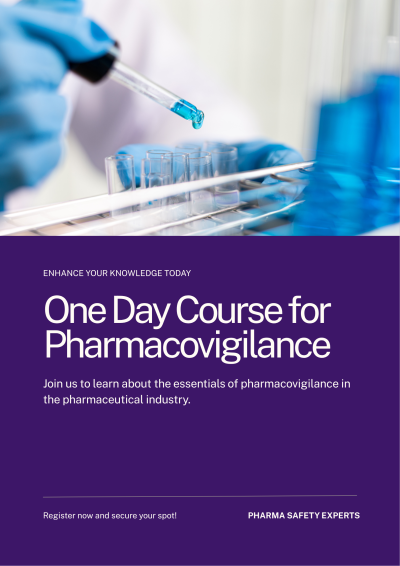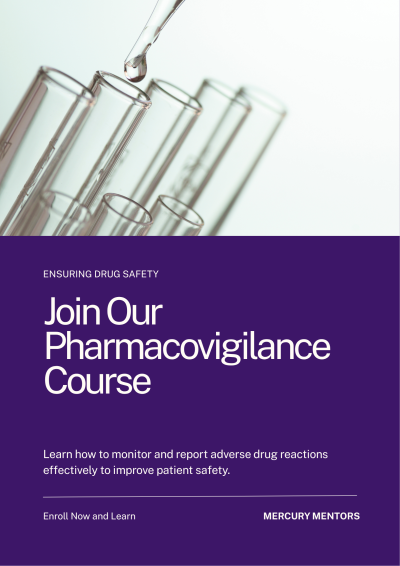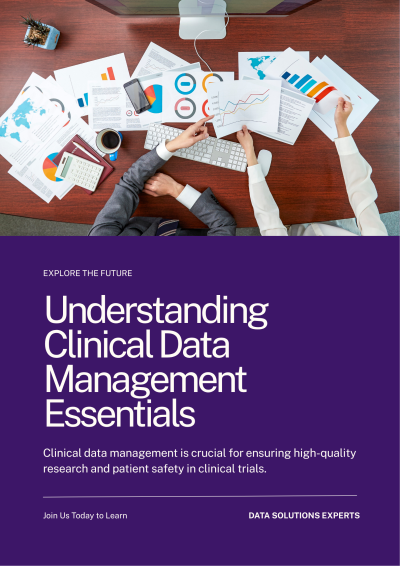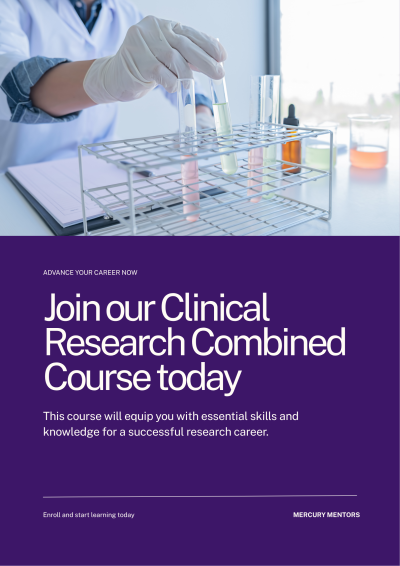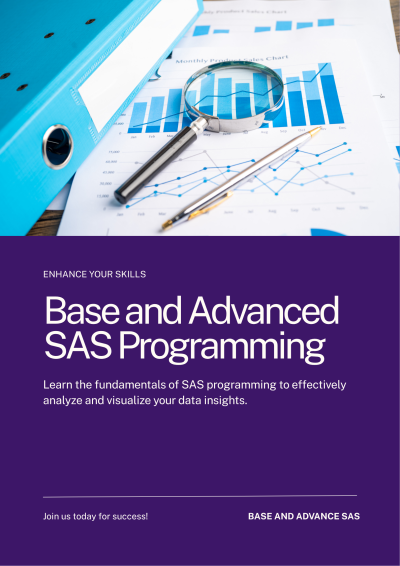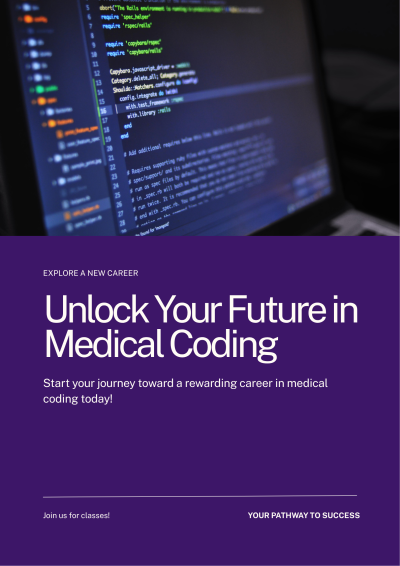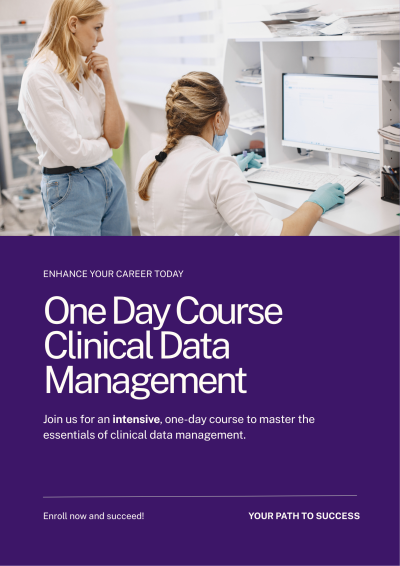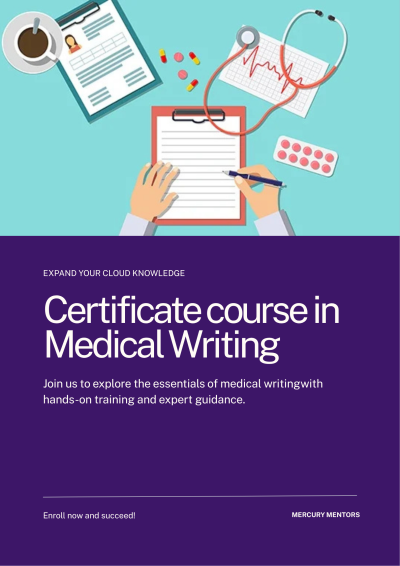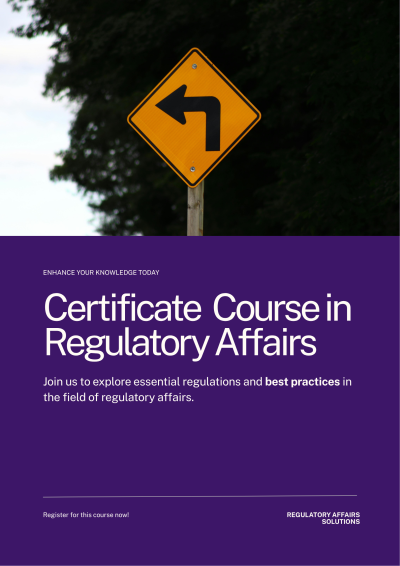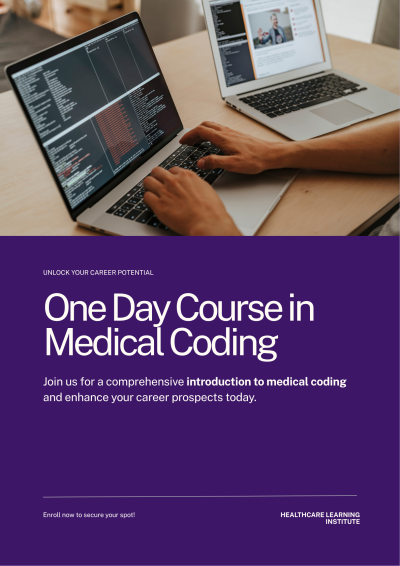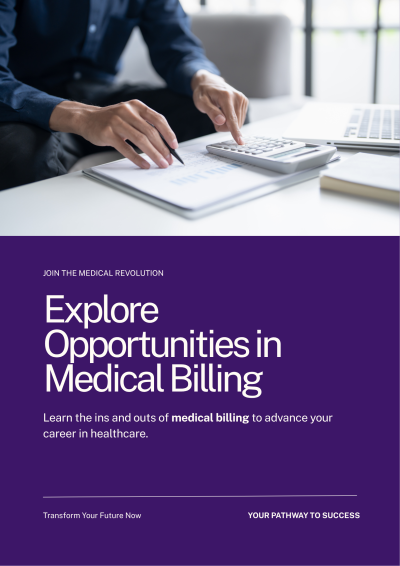Course description
The one-day course in Pharmacovigilance is designed for healthcare professionals, regulatory affairs personnel, and individuals working in the pharmaceutical industry who wish to deepen their understanding of drug safety monitoring and risk management.
Mercury Mentors is dedicated to helping students build their careers by offering affordable, high-quality courses designed to equip them with essential skills and knowledge. By providing access to expert instructors and a focused curriculum at a low cost, Mercury Mentors ensures that students can enhance their employability without financial burden. The platform fosters a supportive learning environment, enabling students to network with peers and industry professionals, gain practical insights, and develop competencies that are highly valued in the job market. This commitment to accessible education empowers students to take significant steps toward achieving their career goals.
Objectives
Participants will gain a comprehensive understanding of the fundamental principles and practices of pharmacovigilance, focusing on the identification, assessment, and prevention of adverse drug reactions (ADRs). The course aims to equip attendees with the knowledge and skills necessary to navigate the complexities of drug safety regulations and contribute effectively to pharmacovigilance activities.
Key Topics Covered
1. **Introduction to Pharmacovigilance:**
- Definition and importance of pharmacovigilance in public health.
- Historical context and evolution of drug safety monitoring.
2. **Regulatory Frameworks:**
- Overview of global and regional regulations, including ICH E2E guidelines and the role of organizations like the FDA and EMA.
- Understanding the legal requirements for adverse event reporting.
3. **Adverse Drug Reactions:**
- Classification and types of ADRs.
- Methods for detecting and reporting ADRs, including spontaneous reporting systems.
4. **Risk Management:**
- Concepts of risk assessment and risk minimization.
- Strategies for evaluating the benefit-risk profile of medications.
5. **Post-Marketing Surveillance:**
- Importance of ongoing safety monitoring after drug approval.
- Case studies on real-world data analysis and signal detection.
6. **Data Collection and Analysis:**
- Techniques for collecting and analyzing safety data.
- Use of databases and software tools in pharmacovigilance.
7. **Case Studies and Practical Applications:**
- Interactive discussions on case studies highlighting pharmacovigilance challenges and solutions.
- Practical exercises in risk assessment and decision-making.
Join us for this intensive and informative course to enhance your skills in pharmacovigilance and contribute to the vital field of drug safety.

